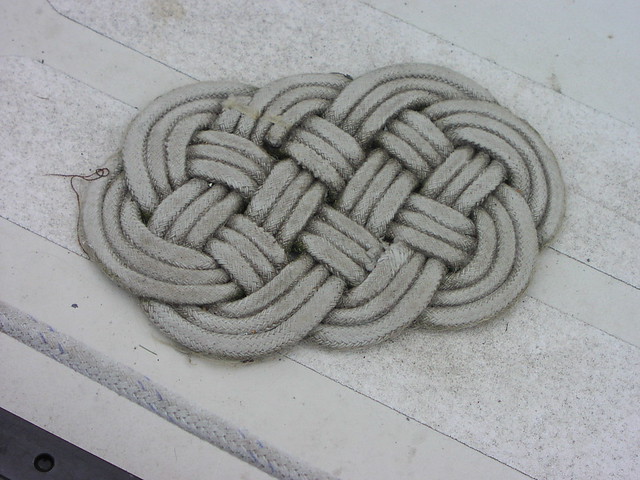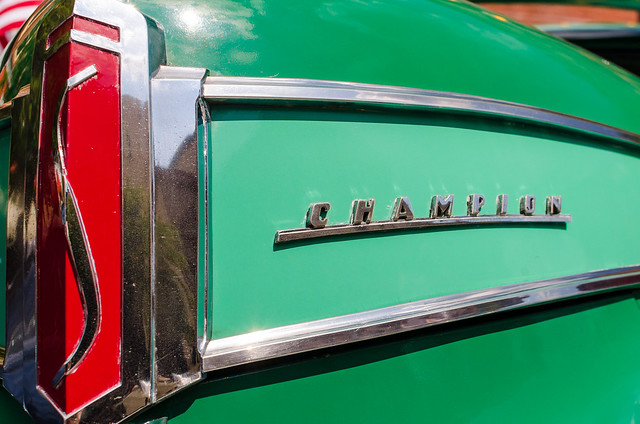Podcast: Play in new window | Download
Today we’re looking into the origins of the word salt.
Salt [sɒlt / sɔlt / sɑlt] is:
- a white powder or colourless crystalline solid, consisting mainly of sodium chloride and used for seasoning and preserving food
It comes from the Middle English salt(e) / se(a)lt [salt/sɛlt] (salt), from the Old English sealta [sæ͜ɑɫt] (salt, salty, salted), from the Proto-West-Germaic *salt (salty), from the Proto-Germanic *saltaz [ˈsɑl.tɑz] (salty), from *saltaną [ˈsɑl.tɑ.nɑ̃] (to salt, pickle) from the PIE *seh₂l- (salt) [source].
In most modern Indo-European languages, words for salt begin with an s and contain an l, including sel in French, sal in Catalan, Spanish, Galician, Portuguese and Spanish, sollan in Manx, and sól [sul] in Polish. [source].
Exceptions include sare [ˈsa.re] in Romanian, zout [zɑu̯t] in Dutch, αλάτι [aˈlati] in Greek, աղ [ɑʁ] in Armenian, halen in Welsh, and holen in Cornish and Breton [source].
The word salary, comes from the same PIE root, via Middle English salarie, Old French salaire and the Latin salārium (salary), from salārius (related to salt), from sal (salt). It is thought that salārium was an abbreviation of salārium argentum (salt money), as Roman soldiers were sometimes paid in salt. However, there is no evidence for this [source].
Other English words from the same PIE root include salad, salami, saline, salsa, sauce, sausage, silt and halogen [source].
Here’s a video I made of this information:
Video made with Doodly [afflilate link].
I also write about words, etymology and other language-related topics on the Omniglot Blog, and I explore etymological connections between Celtic languages on the Celtiadur.
You can also listen to this podcast on: Apple Podcasts, Amazon Music, Stitcher, TuneIn, Podchaser, PlayerFM or podtail.
If you would like to support this podcast, you can make a donation via PayPal or Patreon, or contribute to Omniglot in other ways.














